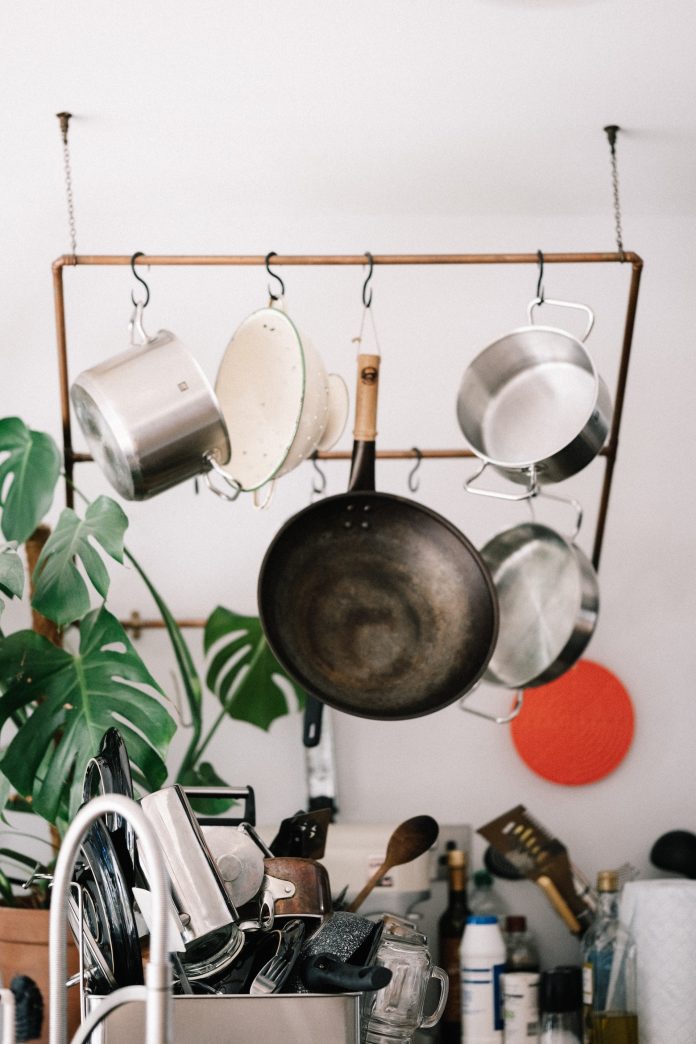The vast majority of Brits say household duties should be shared, but they are not. The National Centre for Social Research recently published their annual British Social Attitudes survey. The survey has been tracking social and political attitudes in Briton for 40 years.
The latest survey says that although 80% of respondents thought household cleaning should be shared equally between men and women, in reality it was overwhelmingly still done mainly by women.
When we look at washing and ironing there is a similar result. Most respondents thought washing and ironing should be shared, but in an even greater number of cases it is done mainly by women. Indeed in less than 10% of households washing and ironing is mainly done by the man.
Despite this if you look back over the years the survey results show attitudes have changed. In the 1980s 48% of survey respondents agreed with the statement “a man’s job is to earn money and a woman’s to look after the home”. In this year’s survey only 9% agreed with this statement.
What this tells us is that although attitudes are shifting, the responsibility of who does the most work around the home still falls more heavily to women. That’s at a time when women are as active in the workplace as men.
In many cases women are therefore struggling to juggle both work and household chores. It’s in these circumstances that bringing in the help of a professional cleaning service can really help.
Young, working professionals, are already alive to this help. Almost half of 25-34 year olds are now using a cleaning service. They have already identified the advantages of paying for a professional cleaning service rather than struggling to fit it into their weekly schedule.
There is now a stark contrast between generations. Young professionals are much more likely to spend a higher proportion of their income making life easier for themselves than any other generation before them.
They value a better work/life balance and often put more weight on life experiences than life possessions. They prefer to spend their time doing the things they enjoy rather than having the possessions maybe previous generations value higher.
All of this has driven a significant rise in demand for cleaners. This isn’t just in the UK either, the same is being seen in the US home cleaning market.
For many, paying for a cleaning service has become as important as paying for other essential household services. Many would not consider getting rid of their cleaner even if they found budgets tight. They would rather forgo many other things before they lose their cleaner. Such is the value they put on the time a cleaning service buys them.
There is a persistent and pervasive gender disparity in domestic duties, revealing that women continue to bear a significantly heavier burden when it comes to household chores. Research has underscored the enduring nature of this issue, despite significant advancements in gender equality in various other domains. The women, on average, spend a significantly greater amount of time on tasks such as cooking, cleaning, childcare, and other household responsibilities compared to their male counterparts.
This highlights the existing gender divide within households but also underscores the need for broader societal discussions on gender equality and shared responsibilities. It has far-reaching implications, affecting women’s career opportunities, personal well-being, and overall quality of life. Moreover, this points to the necessity for cultural shifts, policy reforms, and educational initiatives aimed at promoting a more equitable distribution of domestic labour.
While progress has been made in recent years, gender disparities in domestic duties, on the whole, do persist, and addressing them is crucial for achieving true gender equality. Studies are already sparking conversations among policymakers, advocates, and the public at large, emphasizing the pressing need for collective action to rectify this long-standing issue and create more balanced and equitable homes and societies.



 Bitcoin
Bitcoin  Ethereum
Ethereum  Tether
Tether  XRP
XRP  Solana
Solana  USDC
USDC  TRON
TRON  Lido Staked Ether
Lido Staked Ether  Cardano
Cardano  Avalanche
Avalanche  Toncoin
Toncoin